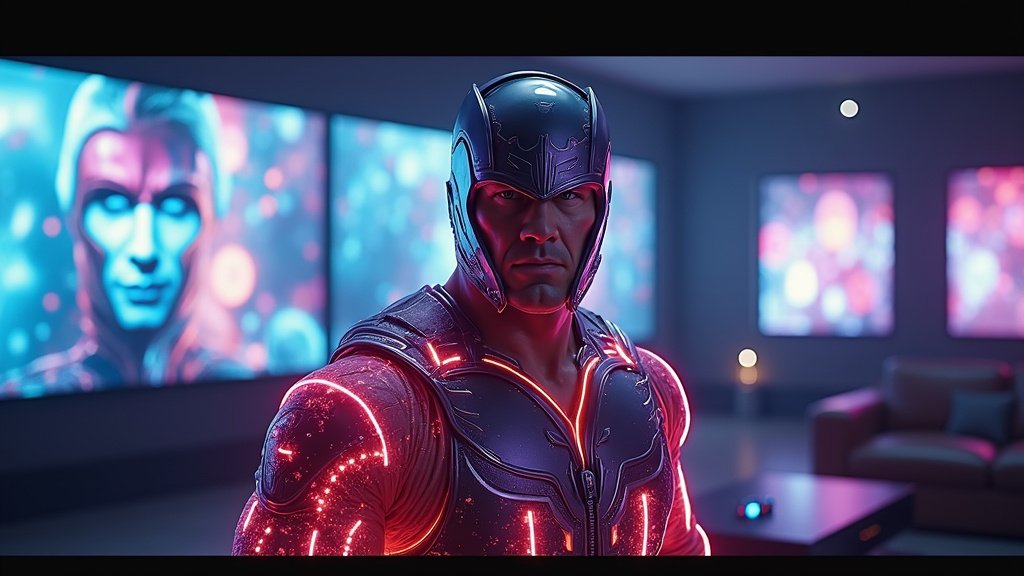Fire Country: A Deep Dive into Character Growth and Emotional Depth in Season 3
As fans eagerly follow the journey of Fire Country, it’s clear that the series has made significant strides in portraying authentic human struggles. The latest episodes are not only engaging but also remind viewers why the show resonated deeply with its audience in its inaugural season. In this detailed exploration, we’ll delve into the evolving narratives of the characters, particularly focusing on Bode Leone, the Leone family dynamics, and the new relationships that are enriching the storyline.
The Heartfelt Evolution of Bode Leone
Bode Leone, portrayed by Max Thieriot, has undergone a remarkable transformation in just the first few episodes of Season 3. Initially portrayed as a reckless hero, his character begins to display a deeper understanding of personal balance and the importance of letting go. The episode titled “I’m the One Who Just Goes Away” serves as a pivotal moment for Bode. It showcases his realization that “not everyone can be saved,” a sentiment that reflects his journey of healing from past traumas, particularly his guilt over Riley.
In earlier seasons, Bode’s impulsive nature often led him to take unnecessary risks, which could have endangered not only himself but also those around him. The growth he has shown in this season is a testament to the writers’ commitment to developing multi-dimensional characters. His willingness to allow Jake to take charge during a critical moment emphasizes his newfound maturity. Bode’s journey symbolizes how personal growth often requires a willingness to embrace vulnerability and recognize one’s limitations.
Shifts in Relationships: From Toxicity to Growth
One of the most refreshing changes in Season 3 is the departure from the previously toxic dynamic between Bode and Gabriela. Instead of relying on a fruitless non-relationship, the show is now focusing on character development that enhances the overall narrative. Gabriela’s journey reflects the series’ theme of familial bonds and personal growth, as she navigates her own challenges while supporting Bode.
The introduction of Audrey James, played by Leven Rambin, has also been pivotal. Initially, she presents a challenge for Bode, but their relationship is evolving into a more supportive partnership. The “enemies to lovers” trope, while often overused, is executed with subtlety here, showcasing the complexities of human relationships. The characters are not just love interests; they are integral to each other’s growth, providing a fresh perspective on love and companionship.
The Leone Family: A Complex Tapestry of Relationships
The Leone family’s dynamics are at the forefront of the series, highlighting the importance of family ties in the narrative. Walter Leone, played by Jeff Fahey, appears to be struggling with cognitive decline, potentially indicating a storyline that will explore the themes of aging and familial responsibility. As Walter’s health deteriorates, it raises questions about the impact of such challenges on the family unit and the emotional toll it takes on each member.
Walter’s relationship with Bode has always been layered, and as they confront the reality of his condition, viewers are given a poignant look at how families cope with such trials. The series does an excellent job of addressing serious issues such as mental health and the complexities of caregiving, making it relatable to many viewers who may face similar situations in their own lives.
Breaking the Mold: The Role of Miss Perez and Captain Eve Edwards
Another character who has shown significant growth is Miss Perez. She has transitioned from a character marked by instability to one who embodies strength and resilience. Her development mirrors that of Manny, who is also working through his past while striving to make better choices. This dual journey of self-discovery emphasizes the show’s commitment to portraying realistic character arcs.
Captain Eve Edwards has emerged as a standout character, bringing a sense of relatability to the series. Her ability to maintain composure during crises while also fostering a supportive environment for her team is commendable. Eve’s character highlights the importance of leadership grounded in empathy, a theme that resonates strongly in today’s world.
Real Stories with Substance: The Emotional Weight of Fire Country
What sets Fire Country apart is its dedication to delivering stories that resonate on a deeper emotional level. The series tackles real-life issues, such as coming out to parents and the reactions that can ensue, as seen in a recent episode involving Cole and his son. This heartfelt moment is a reflection of the struggles many face in seeking acceptance from their families, and the show handles it with sensitivity and authenticity.
Despite occasional cheesy setups, the emotional payoff is often profound, making viewers reflect on their own experiences and relationships. The series skillfully balances dramatic elements with moments of levity, ensuring that audiences remain engaged while also feeling a sense of connection to the characters.
Conclusion: A Promising Future for Fire Country
As we continue to watch Fire Country unfold, it’s evident that the series is committed to character development and storytelling that resonates with its audience. The growth of characters like Bode, the evolving family dynamics within the Leone clan, and the introduction of relatable new characters all contribute to a rich narrative tapestry. With its blend of heart, humor, and real-life struggles, Fire Country is proving to be a compelling watch that keeps viewers coming back for more.





